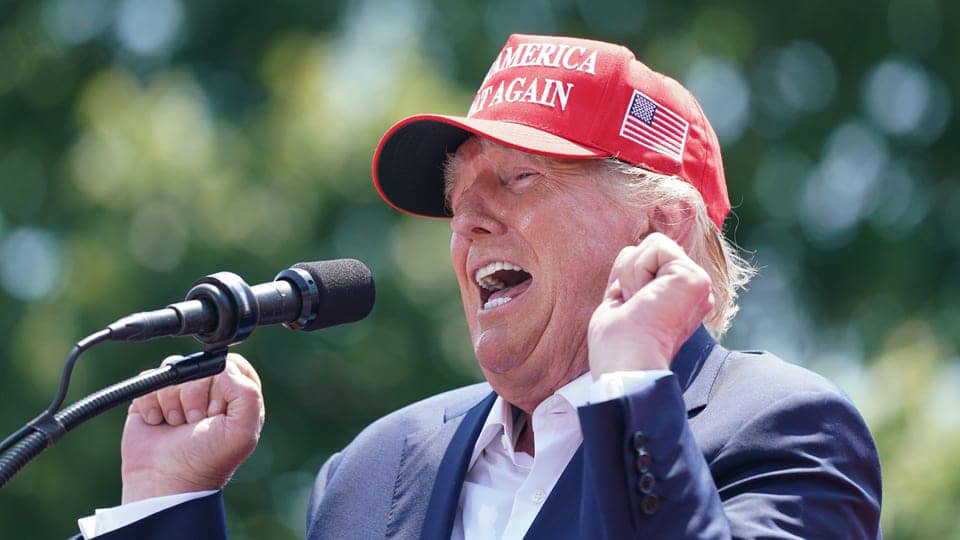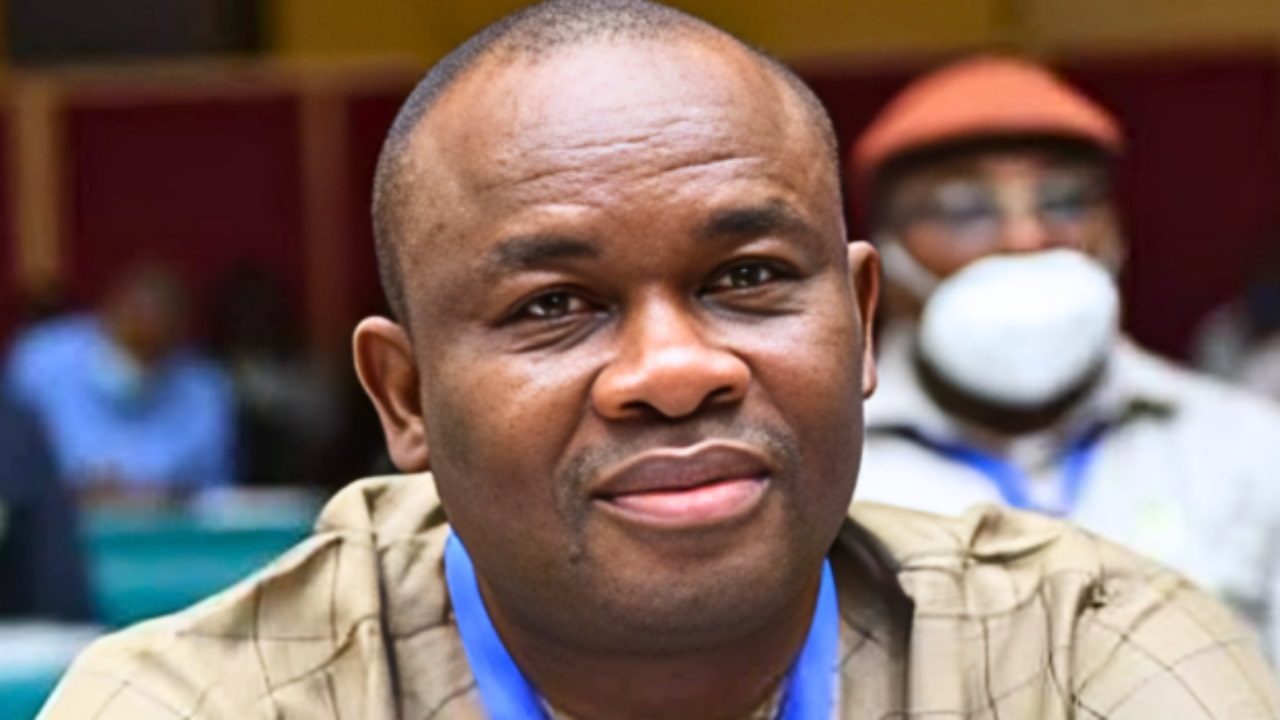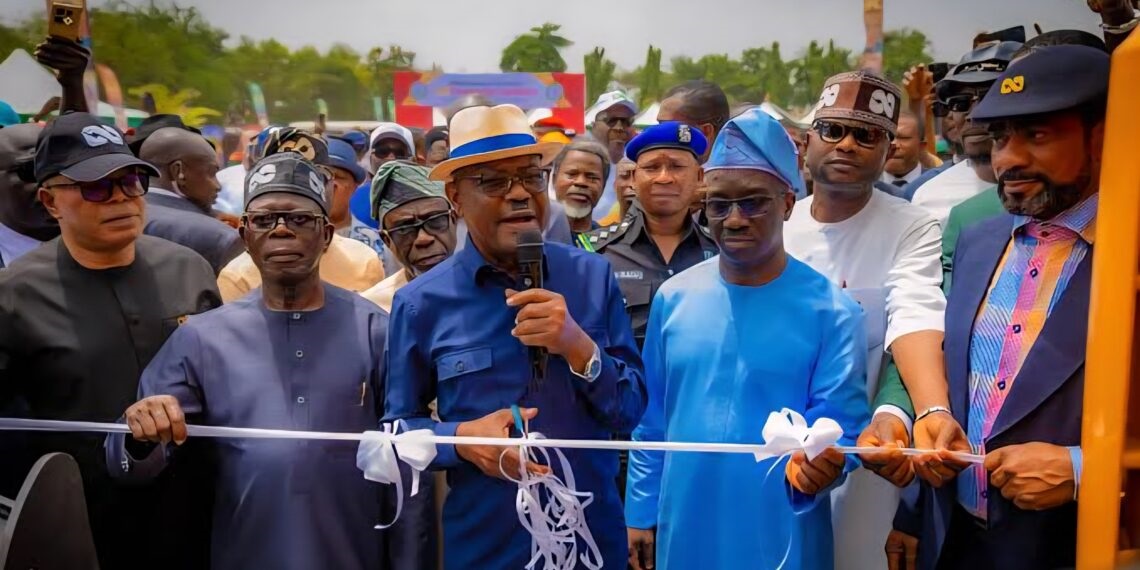The upcoming 2024 US presidential election, where Donald Trump seeks to secure the Republican nomination once again is on the front burner and we uncovered the key differences from his successful 2016 campaign and the unique challenges he faces in his bid for the presidency.

The 2024 campaign for the Republican presidential nomination has drawn parallels to Donald Trump’s victorious run in 2016.
However, it also presents unprecedented dynamics in the history of American politics.
Trump encounters a plethora of primary challengers who might fragment the opposition vote, giving him the opportunity to secure victories with as little as 30% of the total vote.
Nonetheless, Trump’s political position in 2024 is significantly different from that in 2016.
As a former president who holds considerable sway over the Republican Party, he faces the specter of two criminal trials that could expose unflattering details about his conduct.
Additionally, two other investigations are pending, making the path to the nomination far from certain.
Trump’s Challengers And The Current Political Landscape
Similar to the 2016 scenario, Trump finds himself as the frontrunner among the Republican candidates, trailed by a long list of contenders.
The opponents in the 2024 race include Ron DeSantis, Nikki Haley, Mike Pence, Tim Scott, Chris Christie, Doug Burgum, Vivek Ramaswamy, Asa Hutchinson, Larry Elder, and Will Hurd.
According to the RealClearPolitics website, Trump maintains a commanding lead among Republican voters, with 53% support.
DeSantis follows at just under 21%, while Pence trails with a little over 6% of the vote.
This suggests that Trump’s popularity has grown since 2016, with DeSantis aligning his policies closely with Trump’s, reflecting a smaller anti-Trump sentiment among Republicans compared to previous years.
Trump’s Continued Status As An Outsider And Claims Of A “Deep State”
Similar to his previous campaign, Trump positions himself as an outsider fighting against the “establishment,” despite having held the highest office in the nation and exerting significant control over the Republican Party.
Trump accuses a purported “deep state” of attempting to sabotage his campaign by leveraging law enforcement and orchestrating indictments.
He claims this is a direct assault on his and his supporters’ freedom.
The Impact Of Trump’s Legal Troubles On The Election
A notable distinction between the 2024 and 2016 campaigns lies in the potential need for the frontrunner to campaign while facing legal proceedings.
Trump already faces trials related to a hush money case in New York and a classified documents case in Florida.

He has also warned his supporters that additional indictments might be forthcoming.
Two ongoing investigations focus on the efforts to overturn the 2020 election results. The outcomes of these trials, whether convictions, acquittals, or hung juries, remain uncertain and could significantly influence the election.
The Role Of Debates And Challenges For Trump’s Opponents
As was the case in 2016, Republican candidates view debates as an opportunity to alter the dynamics of the race.
Trump effectively utilized early debates in 2015 to solidify his frontrunner status.
However, he has hinted at potentially skipping the first debate in 2024 due to his significant lead in the polls.
Other candidates recognize the debates as a crucial chance to catch up with Trump, but qualifying for participation can be challenging.
Candidates must demonstrate at least 40,000 unique donors, a requirement that poses a significant hurdle for lesser-known contenders.
Additionally, Republican debaters must pledge their support to the eventual nominee, which can be a difficult commitment for those concerned about the possibility of a Trump re-nomination.
Trump’s Indictments And The Reactions Of Independent And Republican Voters
Most opponents have refrained from directly attacking Trump over his legal troubles, reminiscent of the 2016 approach where challengers focused on differentiating themselves rather than attacking the frontrunner.
To avoid repeating history, opponents must confront Trump on his record, legal issues, appeal to independent voters, and chances of winning a general election against President Biden.
As these developments unfold, the 2024 contest is likely to become more contentious and aggressive than the 2016 race.
Political scientist Lara Brown argues that challengers have little choice but to confront Trump head-on if they aspire to secure victory.
The 2024 presidential election presents an intriguing mix of similarities and unique circumstances compared to the race in 2016.
Trump, as the Republican frontrunner, faces a diverse field of challengers while navigating legal trials that could significantly impact the outcome.
The campaign dynamics, debates, and shifting public opinion will ultimately shape the trajectory of this election and its repercussions on American politics.





